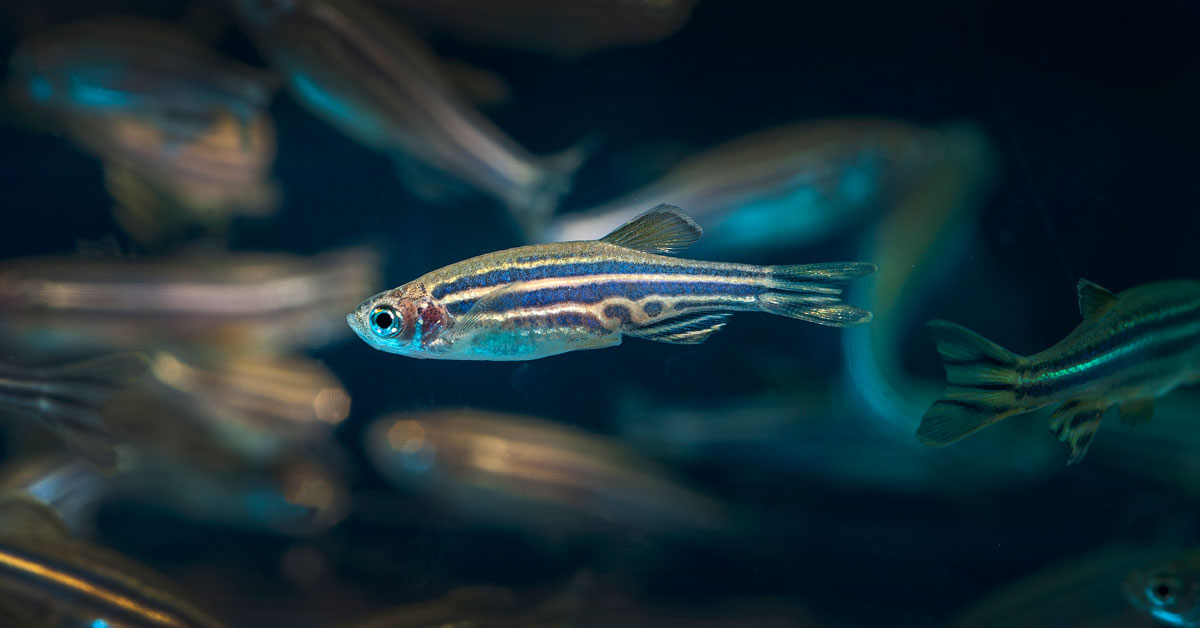On World Pangolin Day, February 15th, 2025, the African Pangolin Working Group opened the world’s first veterinary and rehabilitation facility soley reserved for pangolins — aptly named The Pangolarium.
“The Pangolarium (meaning a ‘place for pangolins’) is a purpose-built facility that aims to enhance the rescue, veterinary high care, rehabilitation, and reintroduction processes for pangolins rescued from the illegal wildlife trade on the west side of Limpopo Province,” The African Pangolin Working Group wrote in a press release.
“The facility is equipped with advanced medical and husbandry resources; the centre provides a facility where this vulnerable species can recover and prepare for a return to their natural habitat. It will also serve as a base camp for the APWG’s ongoing research and education initiatives.”
For years, conservationists have been sounding the alarm on the rapid decline of the pangolin: a unique, scaly mammal that resembles a “walking pinecone.”
There are eight species of pangolin (four in Africa and four in Asia), and unfortunately, all of them are IUCN Red List as vulnerable or critically endangered.
Their global decline — which was already at risk due to the destruction of their natural habitats — has been hurried along by overhunting.
Which is why the APWG has kept the exact location of the Pangolarium a highly classified secret.
For decades, poachers have targeted pangolins for their meat and scales, making them the most trafficked wild animal on the planet.
Today, pangolins can be difficult to spot in the wild, namely because there are so few left in the natural world.
For reference, when wildlife experts saw a pangolin on a trail camera in Niokolo-Koba National Park last year, it was the first time the species had been recorded in Senegal since 1999.

Beryl Makori, the project manager of the Pangolin Project, has been working with local farmers to advocate for pangolin conservation.
“I feel we are protecting the last of the pangolins,” Beryl Makori, the project manager of the Pangolin Project, told The Guardian. “We will give all it takes for a protected habitat with a viable population.”
The conservation of the endangered species is something that piqued the interest of Academy Award-winning director Pippa Ehrlich (“My Octopus Teacher”).
Her upcoming documentary, “Pangolin: Kulu’s Journey,” which is set to be released on Netflix on April 21, follows wildlife photographer Gareth Thomas as he rescues and rehabilitates a baby pangolin named Kulu.
“Pangolins are some of the most ancient and unique mammals that have ever walked the Earth,” Ehrlich told People Magazine.
“Over millions of years of evolution, they have traded their claws and fangs for protective scales and a finely tuned intuition that makes them deeply sensitive, innocent creatures: they can’t run or bite, and their only defense is to roll up in a ball.”
"When I met Gareth, I was immediately fascinated by his relationship with these gentle and mysterious animals,” Ehrlich said, “but the reason I wanted to make the film is that I believe pangolins are a symbol of our own fragile existence on this planet, along with so many of the vulnerable beings that belong here with us.”
Header images via flowcomm / Wikimedia Commons (CC BY 2.0) and Vickey Chauhan (CC BY-SA 4.0)



